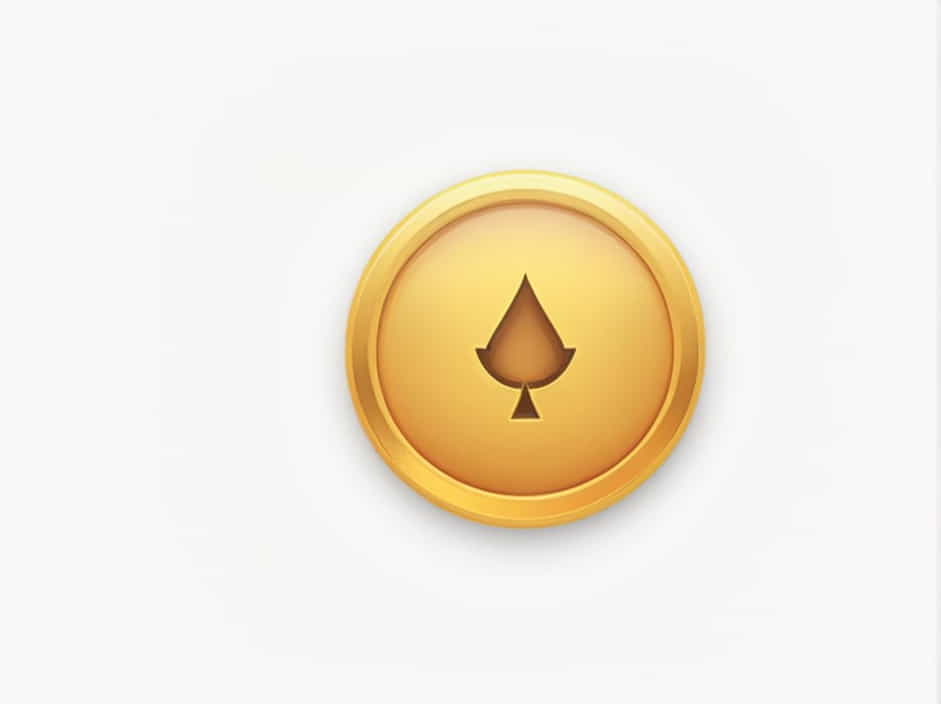The English language has many beautiful words that describe feelings and experiences in unique ways. One such word is “luxuriate.” It conveys a sense of deep enjoyment and indulgence, often associated with relaxation and pleasure.
This topic explores the definition, origin, synonyms, usage, and various contexts in which “luxuriate” can be used.
1. Definition of Luxuriate
1.1 What Does “Luxuriate” Mean?
The verb “luxuriate” means to take great pleasure in something, to indulge deeply in comfort, or to enjoy something in a rich and satisfying way.
Example sentence: She loved to luxuriate in a warm bath after a long day at work.
1.2 Synonyms of Luxuriate
Some words with similar meanings include:
- Indulge – To allow oneself to enjoy something fully.
- Revel – To take intense delight in something.
- Bask – To enjoy warmth, comfort, or praise.
- Savor – To enjoy a taste or experience slowly and deeply.
- Relish – To take pleasure in an experience.
Example sentence: He luxuriated in the soft sunlight, enjoying the warmth on his skin.
2. The Origin and Etymology of Luxuriate
2.1 Where Does the Word “Luxuriate” Come From?
The word “luxuriate” originates from the Latin verb luxuriare, which means to grow abundantly or to indulge in luxury. It is closely related to the word luxury, which signifies opulence, richness, and comfort.
Example sentence: The term “luxuriate” comes from Latin, reflecting the idea of abundance and indulgence.
2.2 Historical Use of Luxuriate
Historically, the word was often used to describe prosperity, lavish lifestyles, and abundant natural beauty. Over time, it came to signify deep enjoyment and self-indulgence in pleasurable experiences.
Example sentence: In ancient times, the wealthy would luxuriate in grand feasts and lavish banquets.
3. How “Luxuriate” Is Used in Modern English
3.1 In Everyday Conversations
People use “luxuriate” when talking about enjoying comfort, relaxation, or special experiences. It is often used in contexts related to leisure, self-care, and enjoyment.
Example sentence: After months of hard work, they luxuriated in a well-deserved vacation at a beach resort.
3.2 In Literature and Poetry
Writers use “luxuriate” to describe characters experiencing deep pleasure, comfort, or fulfillment. It evokes a sense of richness and joy.
Example sentence: The poet luxuriated in the beauty of nature, finding inspiration in every blooming flower.
3.3 In Travel and Hospitality
Luxury hotels and resorts often use the word “luxuriate” to describe the experience of indulging in comfort, relaxation, and high-end services.
Example sentence: Guests can luxuriate in our five-star spa, offering the ultimate relaxation experience.
4. The Importance of Luxuriation in Daily Life
4.1 Enhancing Well-Being
Taking time to luxuriate in enjoyable moments can improve mental health, reduce stress, and enhance overall happiness.
Example sentence: Luxuriating in small joys, like sipping a hot cup of tea, can bring daily comfort and peace.
4.2 Appreciating Simple Pleasures
You don’t need wealth to luxuriate. Enjoying nature, music, art, or a good book can bring a deep sense of pleasure.
Example sentence: She luxuriated in the beauty of a sunset, feeling completely at peace.
4.3 Strengthening Relationships
Spending quality time with loved ones and luxuriating in meaningful moments can strengthen emotional bonds.
Example sentence: They luxuriated in a romantic dinner, cherishing each other’s company.
5. Luxuriate in Different Aspects of Life
5.1 Luxuriating in Nature
Many people find joy in immersing themselves in the natural world—feeling the breeze, listening to the waves, or enjoying the scent of flowers.
Example sentence: He luxuriated in the peacefulness of the forest, surrounded by towering trees and birdsong.
5.2 Luxuriating in Food
Savoring a delicious meal, appreciating textures and flavors, and enjoying every bite is a form of luxuriation.
Example sentence: She luxuriated in the rich flavors of homemade chocolate cake.
5.3 Luxuriating in Art and Music
Experiencing art, music, or literature deeply allows people to luxuriate in cultural and creative expressions.
Example sentence: He luxuriated in the soothing melodies of classical piano music.
6. Luxuriate vs. Overindulgence: Finding Balance
6.1 The Difference Between Luxuriating and Overindulging
While luxuriating means deeply enjoying something, overindulgence refers to excessive enjoyment that may have negative consequences.
Example sentence: It’s important to luxuriate in life’s pleasures but avoid excessive indulgence that leads to unhealthy habits.
6.2 Practicing Mindful Luxuriation
Enjoying life’s pleasures in moderation ensures long-term happiness and well-being.
Example sentence: Mindful luxuriation helps you appreciate life’s beauty without feeling guilty or overwhelmed.
The word “luxuriate” beautifully captures the essence of deep enjoyment, indulgence, and appreciation of life’s pleasures. Whether it’s relaxing in nature, savoring delicious food, or embracing moments of peace, luxuriating enhances our well-being and happiness.
By embracing the art of luxuriation, we can find joy in both the simplest and most luxurious experiences, making life richer and more fulfilling.
